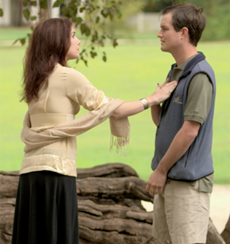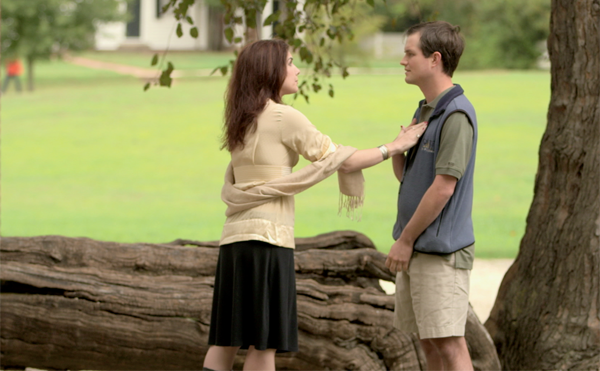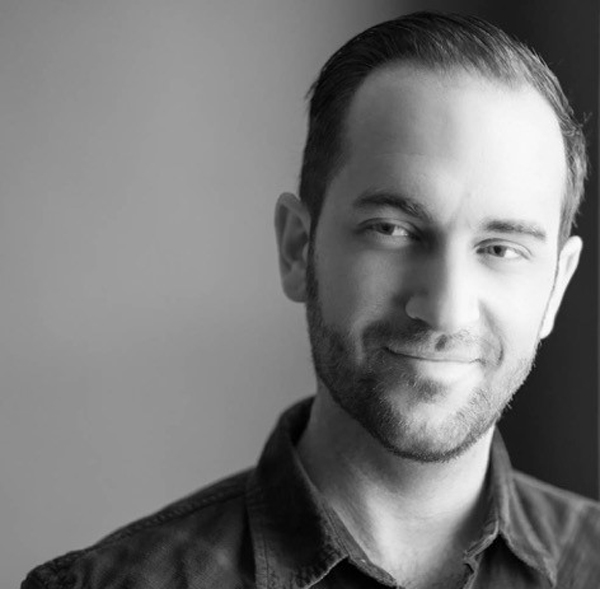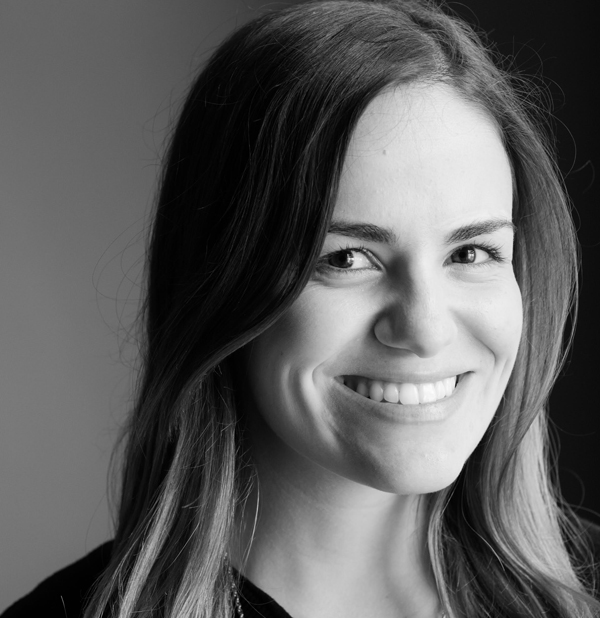
 Review Fix chats with “Autism in Love†Producer Carolina Groppa and Director Matt Fuller, who discuss the documentary and the “excruciating†editing process needed to make the piece as honest as possible. Breaking down their preconceived thoughts on autism before filming to their goals for the future, Groppa and Fuller give us an inside look at both the documentary and their careers.
Review Fix chats with “Autism in Love†Producer Carolina Groppa and Director Matt Fuller, who discuss the documentary and the “excruciating†editing process needed to make the piece as honest as possible. Breaking down their preconceived thoughts on autism before filming to their goals for the future, Groppa and Fuller give us an inside look at both the documentary and their careers.
Review Fix: What was your inspiration for this film?
Matt Fuller: First, I wanted to know more about people living with autism. I had very little exposure to the autism community and found myself hungry to understand it more deeply. As a filmmaker, I’m always looking for stories about characters who want something it seems that they cannot have. The notion of how adults with autism, a disorder that has such profound influence on communication, relate to others in a romantic context was fascinating to me.
Carolina Groppa: I was working with a doctor at the time that had been a staple in the autism community for 20+ years, and he asked me to do research on the topic of adults with autism and romantic relationships for a blog. We quickly learned that little to no research had been done on the topic and that it was best to explore it via the lens of a documentary film. After seeping myself into the autism community, I felt inspired to be a part of something that gives people on the spectrum a chance to tell their story in their own voices.
Review Fix: Did you have any preconceived notions that were changed during filming?
 Fuller: I think almost everything I thought about autism before making this film was changed. The nuances of how this disorder affects everyone changes from person to person. However, in the end, most people with autism want the same things everyone else wants.
Fuller: I think almost everything I thought about autism before making this film was changed. The nuances of how this disorder affects everyone changes from person to person. However, in the end, most people with autism want the same things everyone else wants.
Groppa: Prior to making this film, I literally knew nothing about autism and while I thought this would be a deficit to the project, it actually turned out to be a blessing in disguise. It allowed us to be neutral in our exploration of the topic. We were so quickly embraced by the community and I learned that people with autism are much like snowflakes; very unique and individual due to the spectrum range of the disorder.
Review Fix: What did you learn about yourself from this film?
Fuller: I learned that I wasn’t as capable of vulnerability as I thought. The courage of the subjects in the film really inspired me to let go a little more and be more exposed.
Groppa: It’s taught me to be more patient and compassionate.
Review Fix: Editing a film is difficult by itself, but when the material is so sensitive like this, how hard was it to pick and choose how you wanted to tell the story?
Fuller: This may have been the single most daunting task. We shot nearly 300 hours of footage. We spent a great deal of time with some wonderful people who did not make it into the final cut of the movie. Ultimately all of those editorial decisions were guided by the desire to make a film that would engage as many people as possible.
 Groppa: Super hard. We followed many other interesting couples and individuals, and to funnel all of those compelling stories into one concise film was excruciatingly difficult. At the end of the day, however, it’s all about what pieces best make up the puzzle…and I feel like the picture we created is honest.
Groppa: Super hard. We followed many other interesting couples and individuals, and to funnel all of those compelling stories into one concise film was excruciatingly difficult. At the end of the day, however, it’s all about what pieces best make up the puzzle…and I feel like the picture we created is honest.
Review Fix: Was there a scene or two that you wanted to keep but didn’t? Can you share?
Fuller: More than a scene or two – full character arcs. We really had to let go of a lot of great material. Hopefully, that will make its way to a special feature somewhere.
Review Fix: Who should see this film and why?
Fuller: If you’ve ever felt that anything has stood in between you and the romantic love you want and deserve, then this movie is for you. You’ll understand more deeply the lives of adults with autism, but more importantly, you’ll reconsider what it means to truly connect with another.
Groppa: Everyone! Love is the most universal topic there is, and the documentary really focuses on that part of our subject’s lives.
Review Fix: How do you want this film to affect people?
Fuller: I want audiences to feel inspired and moved.
Groppa: It would be a dream if audiences left pondering the question of what it means to love and be loved.
Review Fix: What’s next?
Fuller: I’m directing a documentary about transgender youth, adapting a fictional novel and hoping to direct more commercials.
Groppa: I’m currently developing a few narrative features and hope to get the next one off the ground very soon.


Leave a Reply